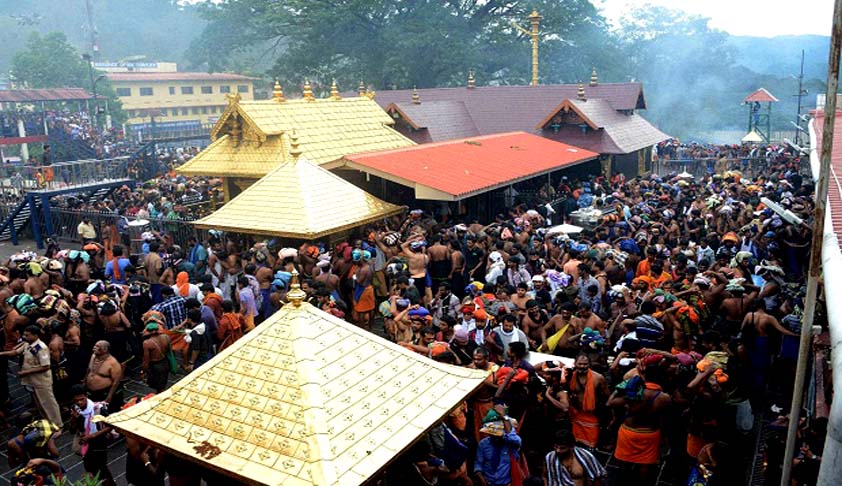Supreme Court comes to grips with the plea for lifting the bar on Entry of Women to Sabarimala Temple
LIVELAW NEWS NETWORK
13 Feb 2016 9:56 AM IST

Next Story
13 Feb 2016 9:56 AM IST
Yesterday was the fourth day of the hearing of Indian Young Lawyers Association vs State of Kerala [writ petition [c] 373 of 2006], after the petition pending since 2006 found itself revived by Justice Dipak Misra-led bench. The other judges on the bench are Justices Pinaki Chandra Ghose and NV Ramana.As the item was 303, it did not exactly start at 2 pm. But the temple trust’s counsel,...
